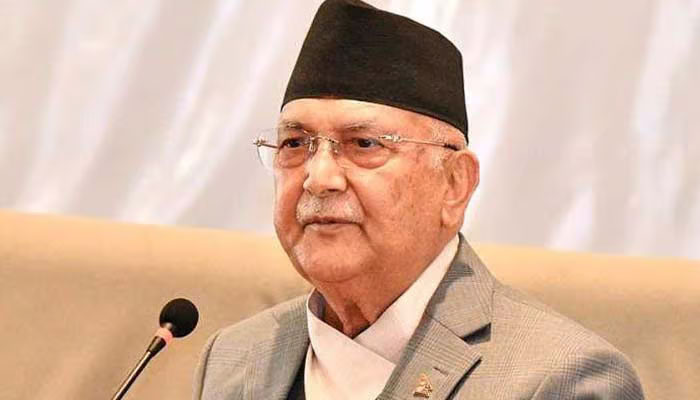Nepal’s PM resigns amid violent protests, social media blackout
Officials claimed the ban was aimed at curbing misinformation and hate speech.
KATHMANDU – Nepal’s Prime Minister, KP Sharma Oli, on Tuesday resigned following days of violent protests and a controversial social media ban.
His resignation was confirmed by his aide, Prakash Silwal, who told it to international media: “The Prime Minister has resigned.”
The decision comes at a time of heightened unrest in the capital, Kathmandu, where thousands of protesters defied a government-imposed curfew to demonstrate against the state. Clashes between police and demonstrators resulted in the deaths of 19 people and injuries to dozens more.
During the protests, security forces used tear gas, rubber bullets, and batons to disperse crowds that were marching toward the parliament building.
The situation worsened when angry protesters attacked the homes of several politicians and set fires at multiple locations.
The government had earlier imposed a sweeping social media ban, blocking 26 major platforms including Facebook, Instagram, and YouTube.
Officials claimed the ban was aimed at curbing misinformation and hate speech. However, many citizens and rights groups viewed it as an attack on freedom of expression. The ban was lifted following the civilian casualties.
In a statement before stepping down, Prime Minister Oli said, “We must find solutions to our problems through peaceful dialogue. Violence is not in Nepal’s interest.”
Read more: Influencer Fraud Probe Widens: Top Pakistani YouTubers Summoned Over Scam Apps
Political analysts said the crisis has exposed deep-rooted public frustration over corruption, unemployment, and ongoing instability.
As Oli exits office, Nepal now faces a new phase of political uncertainty, with various parties beginning talks to chart the way forward.



Comments are closed, but trackbacks and pingbacks are open.